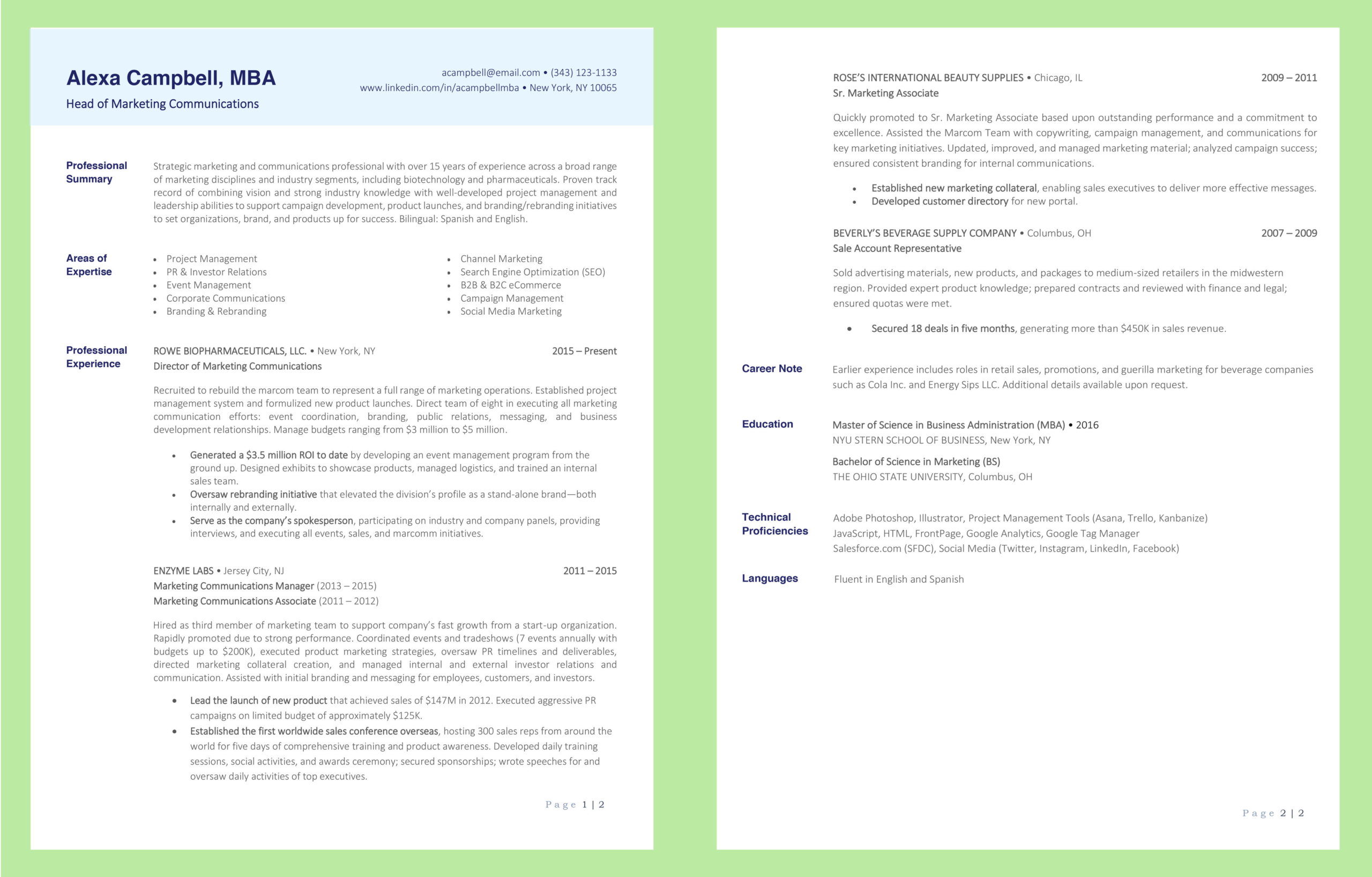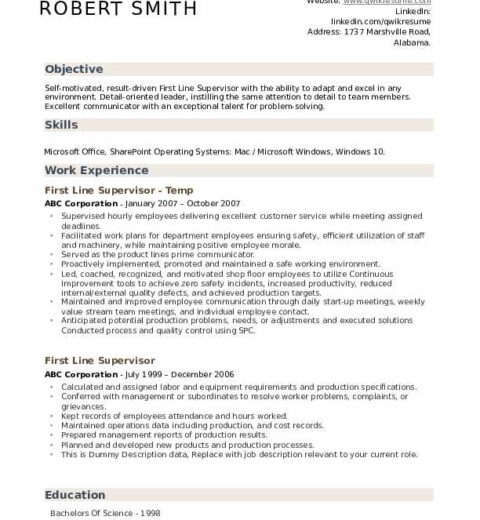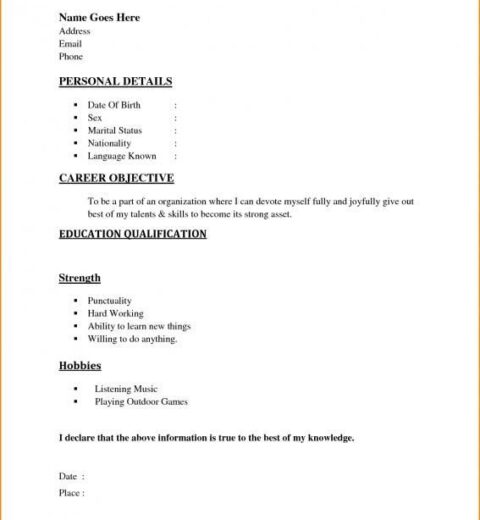The age-old quandary of whether a resume should be confined to a single page often raises eyebrows in professional circles. The decision hinges on several factors, including career stage, industry standards, and the nature of your employment history. This article endeavors to dissect the critical elements that influence the decision of resume length.
To initiate this inquiry, one must comprehend the fundamental purpose of the resume. A resume serves as a marketing tool, succinctly presenting one’s qualifications, experiences, and accomplishments to potential employers. The objective is not merely to list jobs but to offer a compelling narrative that differentiates candidates from the competition. So, should this narrative be articulated within a singular page? The answer is multi-faceted.
The primary consideration is the stage of your career. For recent graduates, entry-level candidates, or individuals with minimal experience, a one-page resume is often sufficient. In these scenarios, candidates are likely to have limited work history and fewer accomplishments to showcase. A concise format allows them to present their qualifications effectively without overwhelming the reader. Employers reviewing numerous applications appreciate brevity; a one-page resume can facilitate a quicker assessment of a candidate’s fit.
Conversely, professionals in mid to senior-level positions may warrant a more elaborate resume. As individuals progress in their careers, they accumulate a wealth of experiences, accomplishments, and skills that merit discussion. For these candidates, a two-page resume may be appropriate and even necessary to convey the breadth and depth of their expertise. For example, executives must often showcase leadership achievements, strategic initiatives, and measurable impacts on business performance, which can require more space to articulate adequately.
Another pivotal factor influencing resume length is the industry in which one operates. Certain sectors, such as academia, science, or engineering, often expect comprehensive resumes—more akin to curricula vitae (CVs)—that detail publications, research projects, and presentations. In contrast, industries such as marketing or sales may prioritize creativity and succinctness, favoring a one-page format that captures dynamic qualifications in a punchy manner.
Furthermore, the nature of the job you are applying for holds significant sway over the length of your resume. Tailoring your resume to align with the job description can necessitate additional information. If the role demands specific expertise or a diverse set of skills that you possess, adequately representing those qualifications may require a more extensive format. In these cases, making strategic decisions about what to include or omit becomes crucial.
Employers typically spend only a brief moment reviewing resumes initially. Statistics suggest that recruiters spend an average of six seconds scanning a resume before deciding whether to proceed further. Hence, clarity and conciseness are imperative, regardless of length. Every word must serve a purpose, and extraneous details can dilute the impact of your message. Even a well-crafted two-page resume can fall flat if it is cluttered with unnecessary information.
Moreover, it is prudent to observe current trends in resume presentation. The digital age has fostered an evolving landscape of recruiting practices, with automated applicant tracking systems (ATS) frequently employed by companies to filter resumes. Such systems may favor more straightforward, keyword-rich content and can struggle to parse overly complex formatting. Regardless of page length, ensuring your resume is ATS-friendly—while still being human-readable—is of utmost importance.
In contemplating whether to opt for a one-page or two-page resume, consider the implications of both formats on clarity and effectiveness. A one-page resume demands precision and prioritization, compelling candidates to distill their experiences into essential components. On the other hand, a two-page resume permits nuanced exploration of qualifications, ideally suited for those with extensive backgrounds. However, length must not compromise readability; white space, bullet points, and clear sections enhance legibility.
Additionally, utilizing quantifiable achievements can elevate the quality of your resume, regardless of its length. Employers are increasingly drawn to candidates whose experiences are grounded in measurable outcomes. For example, stating that you “increased sales by 30% within six months” effectively communicates value added to the organization and can significantly bolster your application.
Ultimately, the decision on resume length should be tailored to the specific context of your career journey, the expectations of your industry, and the particulars of each job application. While a one-page resume can be highly effective for many, there are situations where extending to two pages is justified, provided the content remains succinct, relevant, and impactful.
In conclusion, the question of whether to adhere to a one-page resume format is not a straightforward yes or no. It is imperative to assess the unique circumstances surrounding your professional profile and tailor your resume accordingly. Striking the right balance between conciseness and comprehensiveness is crucial to presenting an accurate reflection of your skills and experiences to prospective employers, thereby enhancing your prospects in a competitive job market. Thoroughly examining these factors will empower you to make an informed decision regarding the optimal length of your resume.




